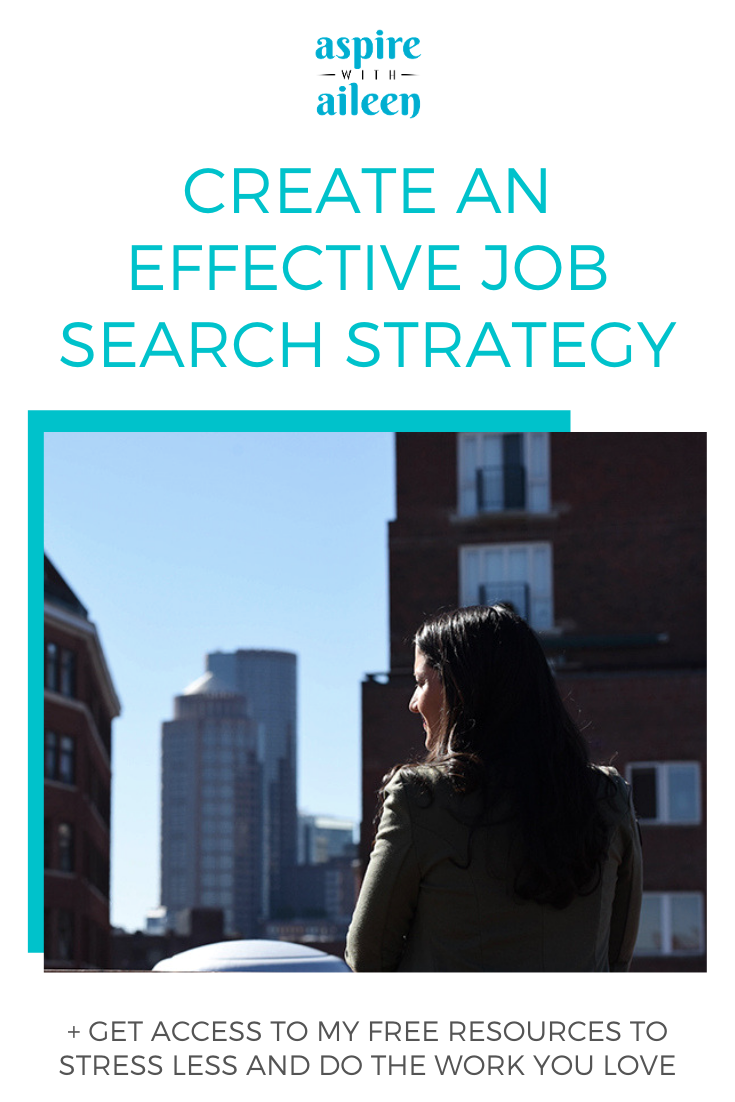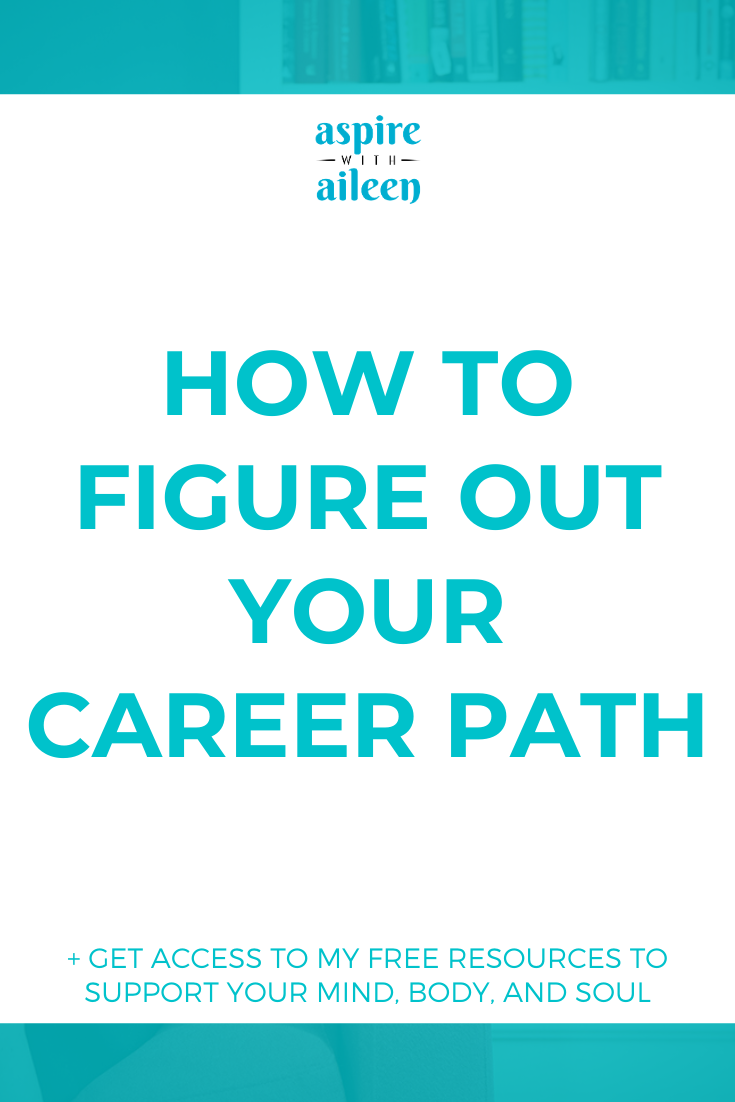When creating a job search strategy, it's important to keep two things in mind. You want to have both proactive and reactive goals as part of your approach. In this video, I'm going to define what those are and how to create a really effective strategy to manage your job search with confidence and to feel empowered in the process.
Let's talk about reactive goals first because this is where I find most people spend the majority of their time. When I talk about reactive goals as being part of your job search strategy, what I mean is just reacting to things that are coming your way. The most common area where I see this is people just applying to positions they see posted online or they're getting job alerts for. While this can be a helpful part of the process, it is not where you should spend the majority of your energy. But that is how most people end up navigating their jobs or when they're approaching it on their own.
The reason I don't recommend spending all of your time here is that sometimes positions get posted, and they've actually been filled already, or there is another candidate in mind. So when we see them posted we think, “Great, I'm starting at the front of the line,” but realistically, there might be other people who are already being considered ahead of you. If you're spending all of your time and energy justifying to those, it means you're missing a lot of opportunities. You want to be the person that is at the front of the line, and in consideration before something even gets posted.
This brings me to the proactive approach to goal setting when you're navigating a job search. Being proactive or setting proactive goals, is referring to networking. I know this is not everyone's favorite activity, and there's a lot of stigma and generalizations made around networking. So to kind of counteract, I want to talk about what I mean by that. While your longer-term goal is to land a job, the networking I'm talking about is focusing on your shorter-term goal.
It's important to learn about the roles that exist in the field you're targeting. One should learn what skills are really valued and would make you stand out from your competition. Then ask questions from people in positions that you're targeting like how they landed them, what was the hiring process, what were the interviews like, etc? Focus on building connections and relationships more authentically. It’s so much more than just approaching networking, like many people think, which is “Hi, are there any openings? And can you make sure my resume gets to the top of the pile?” When you shift your perspective to think about networking in this mindset of really learning and building connections, it will help you incorporate more of these strategies into your search.
A quick fact I’d like to share with you is over 80% of people land positions through networking. So if you're spending your time 80% on the reactive side, and 20% networking; I'd invite you to flip flop that. I'd rather see you spend way more energy building relationships and learning how to make yourself stand out than just blindly submitting applications online.
One other note on the reactive side is I'm making the assumption you're really tailoring your application materials with each position. Many employers are using artificial intelligence to scan your materials before they even make it to a human being to vet your qualifications. If you're not taking those extra minutes to make sure you're connecting the dots for the employers, then you're spending even more time and energy on things that are not most productive to the process.
Hopefully, this helps you create more of a clear-cut approach to navigating your job search. Each week, I invite you to spend time on both the proactive and reactive goals so you can feel like you're not just waiting to see openings come up. We're also not just waiting to hear back from people for informational interviews. This approach is a more holistic way to ensure that you feel empowered in the process, and you always have some actions to be taking instead of refreshing your inbox every five minutes and waiting for other people.
I hope you find some value in the lessons I shared today. If you have any questions on your job search, feel free to leave a note in the comments or reach out for a free 30-minute consultation. I'd be happy to be a sounding board and hear what you've been doing in your strategy and see if there's room for any improvement.
Thanks for watching, and best of luck in your job search.











